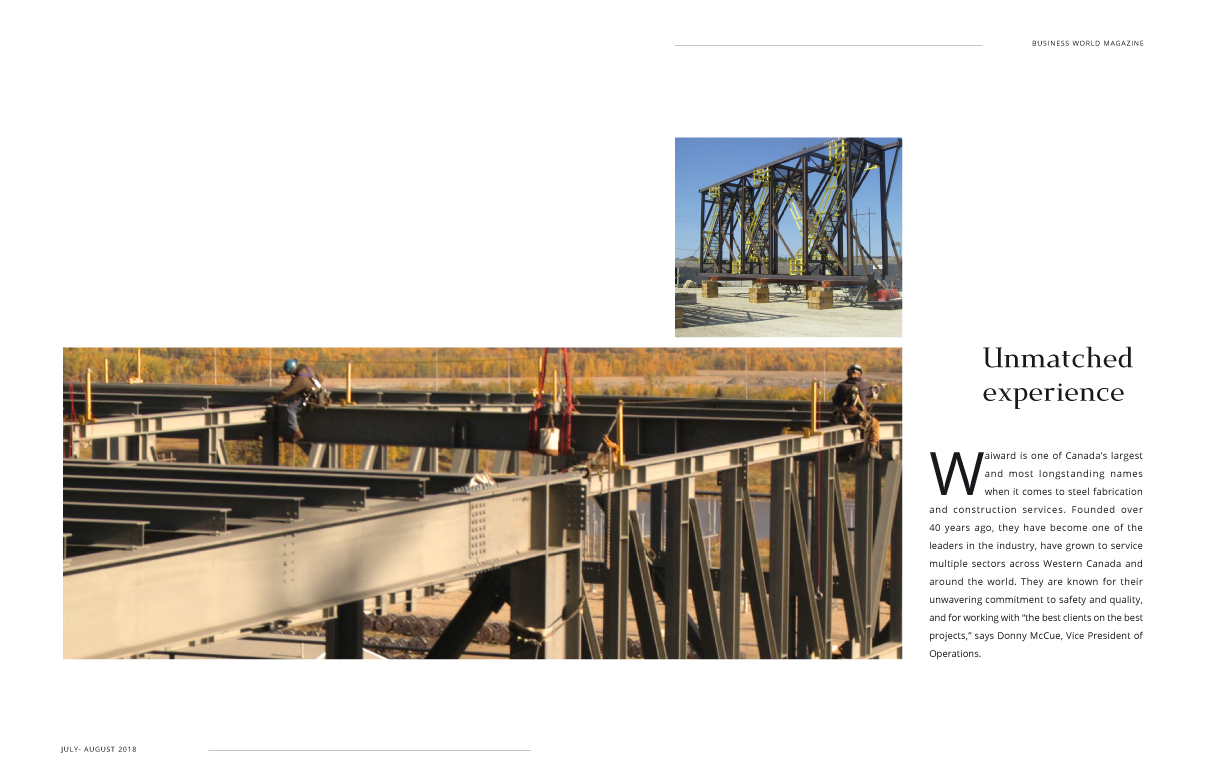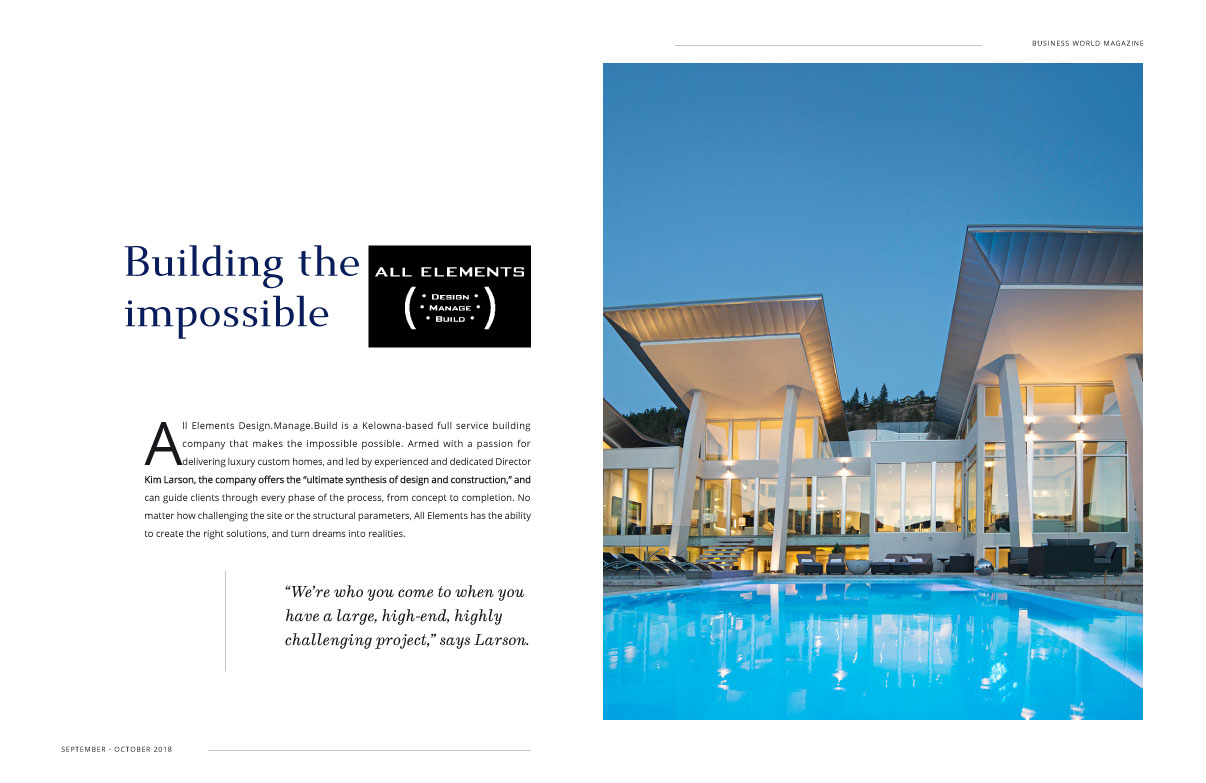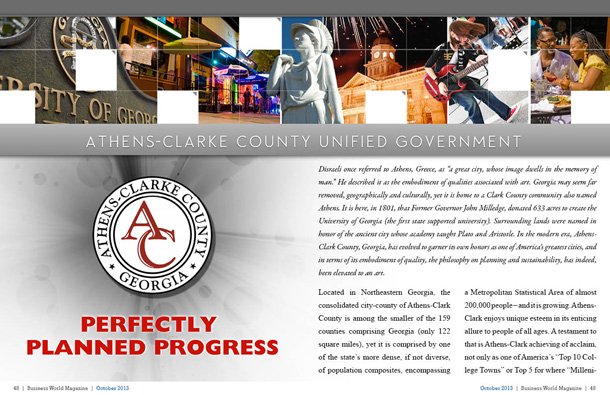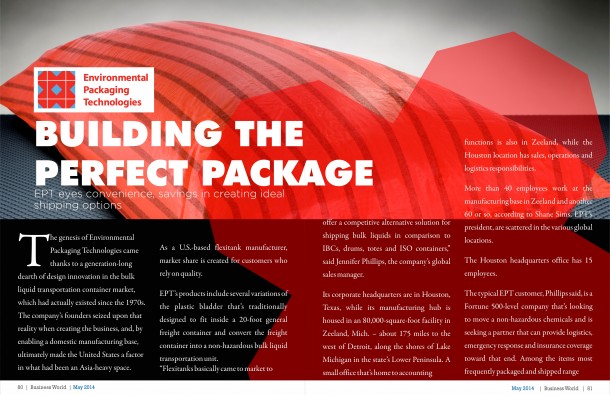
Building the Perfect Package
EPT eyes convenience, savings in creating ideal shipping options
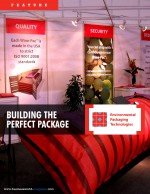
The genesis of Environmental Packaging Technologies came thanks to a generation-long dearth of design innovation in the bulk liquid transportation container market, which had actually existed since the 1970s. The company’s founders seized upon that reality when creating the business, and, by enabling a domestic manufacturing base, ultimately made the United States a factor in what had been an Asia-heavy space.
As a U.S.-based flexitank manufacturer, market share is created for customers who rely on quality.
EPT’s products include several variations of the plastic bladder that’s traditionally designed to fit inside a 20-foot general freight container and convert the freight container into a non-hazardous bulk liquid transportation unit.
“Flexitanks basically came to market to offer a competitive alternative solution for shipping bulk liquids in comparison to IBCs, drums, totes and ISO containers,†said Jennifer Phillips, the company’s global sales manager.
Its corporate headquarters are in Houston, Texas, while its manufacturing hub is housed in an 80,000-square-foot facility in Zeeland, Mich. – about 175 miles to the west of Detroit, along the shores of Lake Michigan in the state’s Lower Peninsula. A small office that’s home to accounting functions is also in Zeeland, while the Houston location has sales, operations and logistics responsibilities.
More than 40 employees work at the manufacturing base in Zeeland and another 60 or so, according to Shane Sims, EPT’s president, are scattered in the various global locations.
The Houston headquarters office has 15 employees.
The typical EPT customer, Phillips said, is a Fortune 500-level company that’s looking to move a non-hazardous chemicals and is seeking a partner that can provide logistics, emergency response and insurance coverage toward that end. Among the items most frequently packaged and shipped range from base oils, edible oils and chemicals, all the way down to wine and juice.
And because there’s rarely a shortage of companies looking to get things moved from one place to another – regardless of overall economic conditions – Sims foresees a prolonged stretch of activity.
“This has been and will continue to be a rapidly expanding business worldwide,†he said.
“When we got in to this, there were probably three manufacturers in China, maybe five. There are probably 45 now. It’s a huge growth industry.â€
EPT’s business is commodity and price driven, Phillips said, so it’s largely based on where prospective buyers can buy and transport the cheapest product pound per gallon. For example, if the glycerin market is hot in the U.S., the company will be export more product in flexitanks out of the U.S. If the market heats up in Argentina in two months, then all that product will be exported from Argentina in flexitanks.
The industry is largely split into two segments, Sims said, with the first end made up of Asia-based manufacturers – mostly in China and Malaysia – who simply supply the tanks and leave the customers to arrange their own logistics and other transportation services.
On the other end, he said, are “tier one†suppliers that include EPT and maybe three other companies worldwide who move product in a complete door-to-door process – including trucking and ocean freight – providing what he referred to as a “turnkey solution.â€
About 30 percent of EPT’s customers in the U.S. seek the full complement of services, while the remaining 70 percent work with the company on a per-service basis. Those seeking the entire range are usually smaller companies that often don’t have their own in-house logistics capabilities.
“If you’ve got Walmart, their purchasing ability with ocean freight companies is huge, so a large customer like that would come to us with ocean-rate contracts already in place,†Sims said. “In that scenario, we might just do supply of the bags, the fitting of the bags and the local trucking to and from the port.â€
Going forward, one of EPT’s will make its largest contribution to change the face of transportation by providing additional tank sizes that can be utilized with multiple modes of transportation. This changes the landscape of export focus by providing domestic solutions to save as well.
The flexitank business has generally been driven on 20-foot containers, but smaller flexitanks are available that can be fit in any size trailers – which provides companies other alternatives to ship in different sizes.
Additionally, in a typical scenario, when a tanker truck is loaded in Houston and delivered to Denver, it returns to Houston empty. EPT’s Big Red Liquiride flexitanks allow the same customer to unload the freight in Denver and then head to another vendor down the street to reload them for the return trip – saving the myriad expenses racked up on a 1,000-mile trip with an empty trailer.
“We can provide a logistics savings of a third to a half of what it costs a customer to move bulk liquid by an over-the-road tank truck, by giving them an option to move these smaller flexitanks in a trailer or a dry van,†Phillips said. “I think we will change the face of domestic transportation over the next few years and more than likely that will far exceed our traditional flexitank business that’s used internationally.â€
AT A GLANCE
WHO: Environmental Packaging Technologies
WHAT: Global solutions provider for the transport and storage of bulk products, with services including packaging supply/installation, loading and unloading, product transfer, product stewardship, removal-disposal-recycling and full logistics
WHERE: Headquarters in Houston, Texas; manufacturing base in Zeeland, Mich.
WEBSITE: www.EPTpac.com



